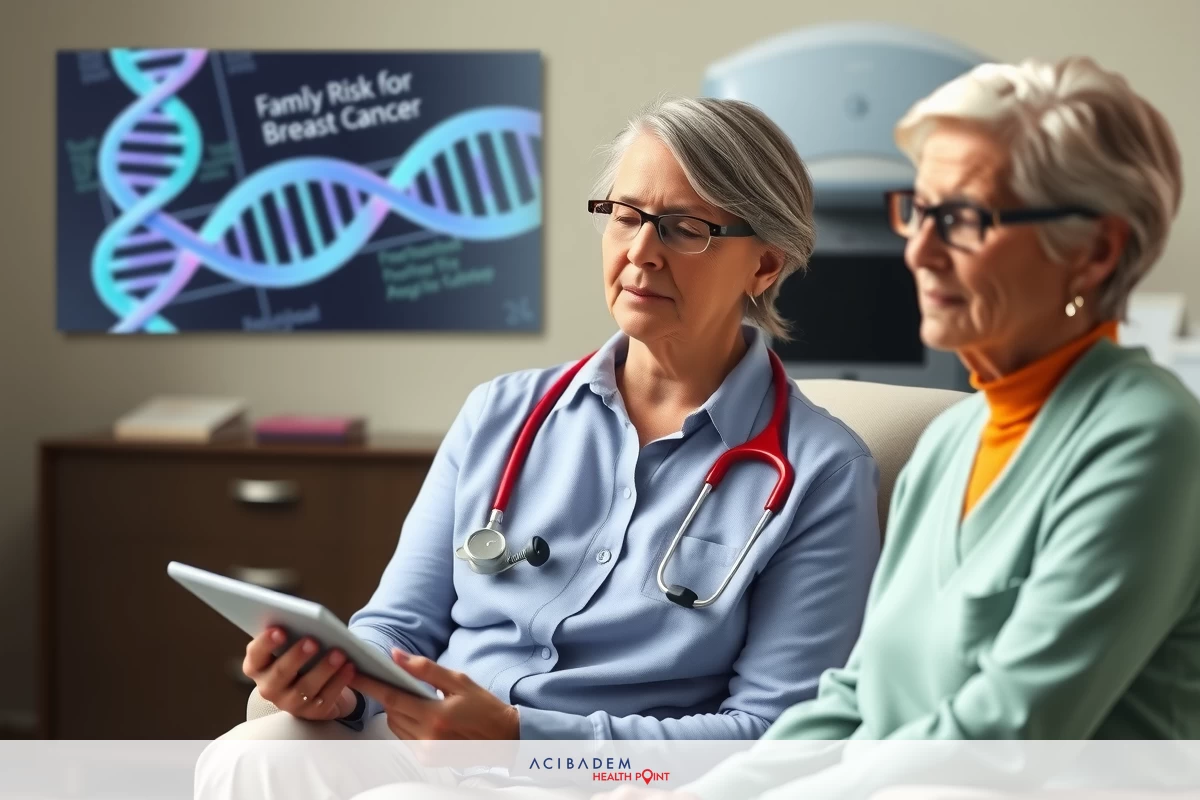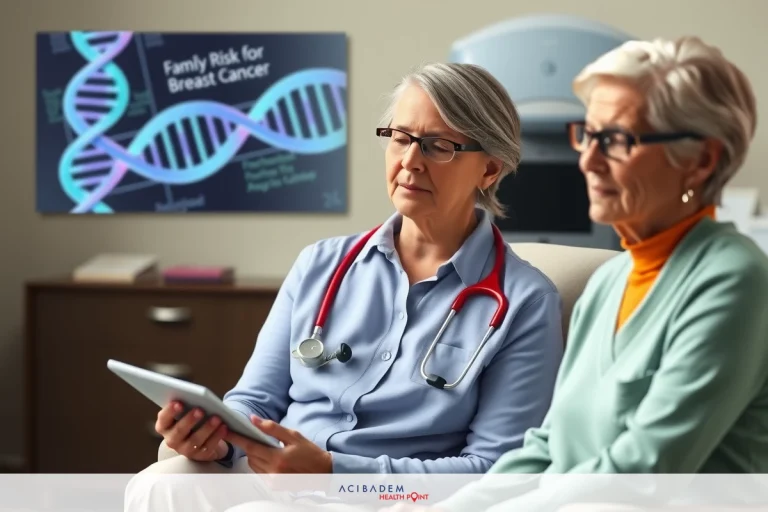Can Breast Cancer Be Hereditary?
Can Breast Cancer Be Hereditary? Breast cancer is a health issue that many people face. Some wonder if it runs in families. Your genes come from your parents and they can affect your chance of getting breast cancer. It’s important to know how family history might play a role. This helps you understand your own risk better.
Many think about the link between genetics and breast cancer. If someone in your family had it you might be more likely to get it too. Doctors use tests to look at your genes for clues about this risk. These tests can guide them on how best to keep an eye on your health.
It’s good to talk with a doctor if you worry about breast cancer in your family. They can tell if gene testing could help you learn more about the risks involved. You may also want to ask if insurance will cover these kinds of tests for you.
Understanding Breast Cancer
Breast cancer starts when cells in the breast grow out of control. These cells usually form a tumor that can be felt as a lump. The tumor is called ‘malignant’ if it spreads into surrounding tissues. It’s important to catch these changes early on.
Your family history helps doctors see your risk for breast cancer. If close relatives had this illness your own risk might be higher. Genetics play a key part in this process but they are not the only factor. Lifestyle and environment also affect your chances.
Doctors look at genes like BRCA1 and BRCA2 for hereditary breast cancer risks. Not all breast cancers are passed down from parents though. Many cases happen by chance with no clear genetic link found.
Learning about how breast cancer develops gives you power over your health choices. Knowing signs to watch for leads to quicker action and better care options. Keep an eye out for any unusual changes so you can speak with a healthcare provider right away.
Can Breast Cancer Be Hereditary? Genetics and Breast Cancer
Genetics can tell us a lot about the risk of breast cancer. Certain genes, when changed, make it more likely for someone to get this disease. These gene changes can be passed down from parent to child. Not everyone with these genes will develop breast cancer though.
Doctors study your family history to spot patterns of the disease. If many relatives have had breast cancer genetics might be involved. This doesn’t mean you’ll definitely get it; other factors come into play too. But knowing your genetic risk helps you make informed health decisions.
Screening for high-risk genes is now a part of preventive care in some cases. Tests look for specific markers that suggest an increased chance of developing breast cancer. When these markers are found doctors may suggest early and more frequent screenings.

Knowledge about genetics has improved how we tackle breast cancer today. With better understanding comes more personalized care plans for patients at risk. Staying informed on this topic is key to managing your own health journey effectively.
Family History and Breast Cancer
Family history is a key piece in understanding breast cancer risk. If your mother, sister, or daughter has had it, your own risk may be higher. But having a relative with breast cancer doesn’t mean you will get it for sure. Each person’s risk depends on many things not just family.
Doctors use your family tree to see if breast cancer runs in the family. They look at how many relatives were affected and their ages when diagnosed. This information helps them guide you on how to manage your health. It can also lead to more check-ups or tests as needed.
It’s good to talk about this with your doctor during regular visits. They might ask about both sides of your family since genes come from both parents. Sharing complete and accurate info lets doctors give better advice for watching out for signs of breast cancer in you.
Frequently Asked Questions
Can breast cancer be inherited from one's father?
Yes breast cancer genes like BRCA1 and BRCA2 can come from either parent. Both men and women can carry these genes and have a risk of passing them on.
Should everyone with a family history of breast cancer get genetic testing?
Not necessarily. It's best to consult with a healthcare provider who will assess personal and family health histories before recommending such tests.
How often should people with a hereditary risk of breast cancer get screened?
Doctors recommends that women at high risk get a mammogram every year starting at age 25 to 40, depending on the type of gene mutation and/or youngest age of breast cancer in the family.
The answers provided here are for informational purposes only and do not constitute medical advice.









